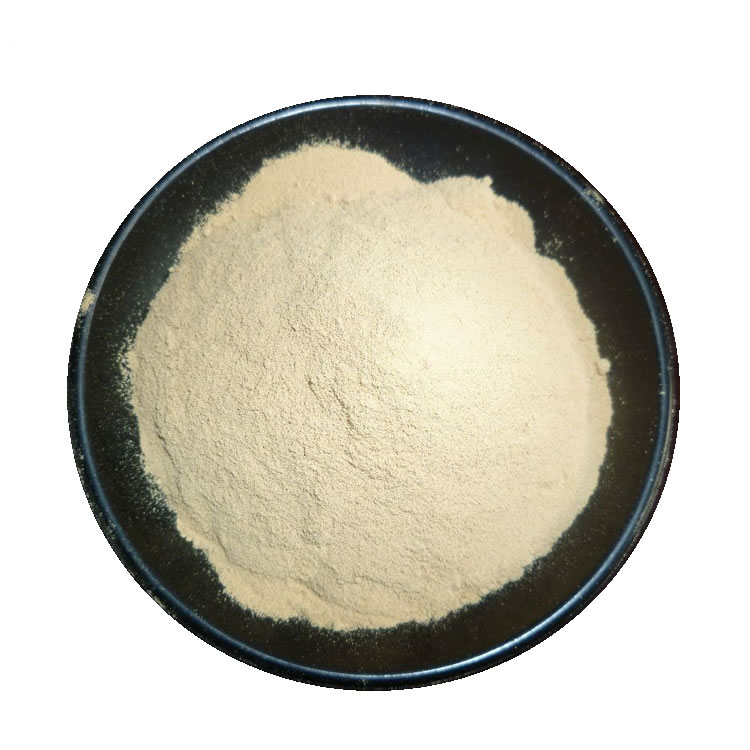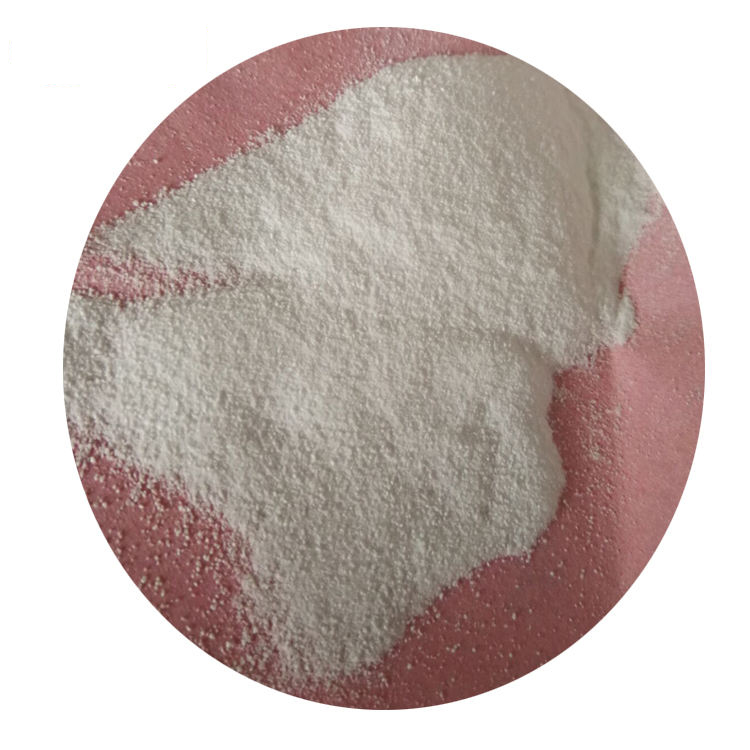Calcium Propionate is the calcium salt of propionic acid, commonly used as a mold inhibitor in various food and feed products. It appears as a white, odorless crystalline powder or granules and is easily soluble in water, making it ideal for uniform distribution in food formulations.
As an antimicrobial agent, Calcium Propionate prevents the growth of mold, rope bacteria, and other microorganisms that cause spoilage, especially in baked goods. It is considered safe by global health authorities and is particularly valued for its effectiveness in high-moisture products.
Key Features and Benefits:
Effective mold inhibitor: Particularly useful in bakery and dairy applications.
High safety profile: Approved by FDA, EFSA, and other regulatory bodies for use in food.
Neutral taste: Does not alter the flavor or texture of finished products.
Stable at high temperatures: Retains preservative properties during baking and heat processing.
Cost-effective: Offers excellent shelf life extension at low concentrations.
Applications:
1.Bakery Products: Widely used in bread, cakes, tortillas, and pastries to prevent mold and rope spoilage.
2.Dairy Products: Helps inhibit microbial growth in processed cheese and other dairy items.
3.Animal Feed: Added to livestock feed to prevent spoilage and improve shelf stability.
4.Processed Foods: Used in ready-to-eat meals, sauces, and snack foods for microbial control.
Usage & Dosage:
Typical usage levels range from 0.1% to 0.3% by weight, depending on the product formulation and regional regulations. Overuse may affect yeast fermentation in some baking processes, so careful formulation is required.
Packaging & Storage:
Calcium Propionate is typically packaged in 25 kg bags, fiber drums, or customized packaging. It should be stored in a cool, dry place in tightly sealed containers, away from moisture and incompatible substances.





